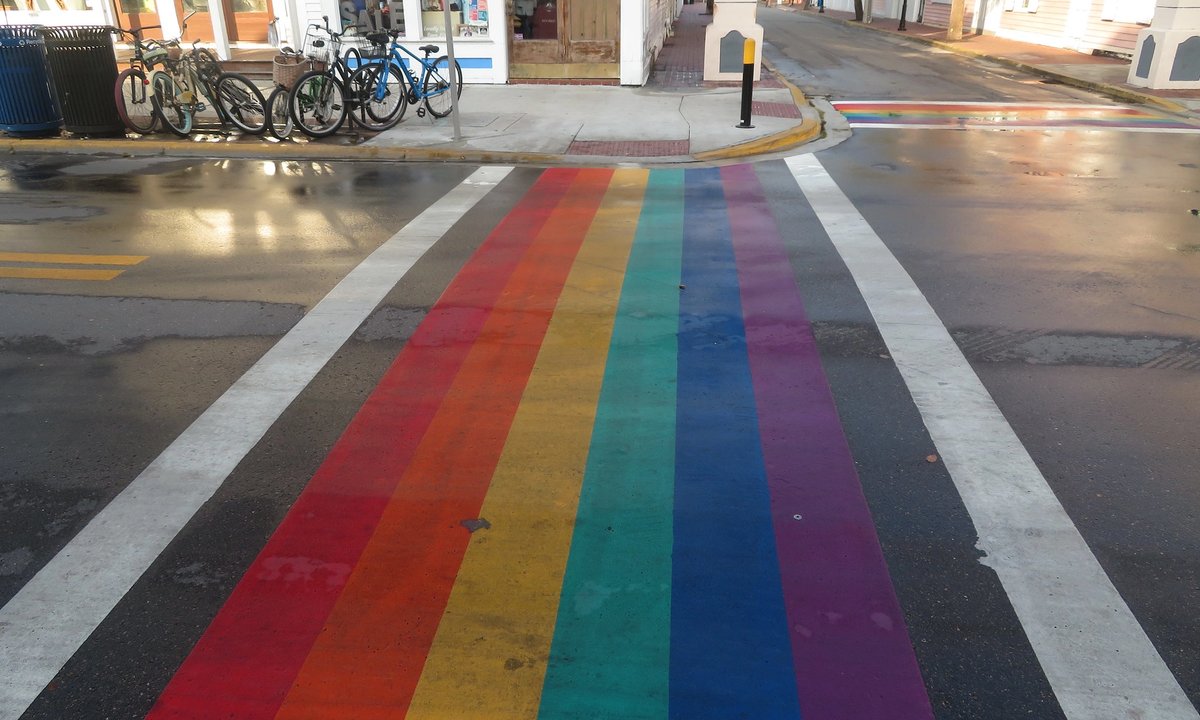
""They are coming after us based on current guidelines that they changed overnight," Sister Robin tells The Art Newspaper. "I've felt impending doom and panic about the state destroying my artwork.""
"The order originates from an FDOT memo that prohibits surface pavement art featuring "social, political or ideological messages" that do not serve a traffic-control purpose. The state's action follows a directive from US Transportation Secretary Sean Duffy, that "roads are for safety, not political messages or artwork". If cities oppose removing qualifying crosswalk art, they risk losing millions of dollars in state and federal transportation funding. So far, Florida is the only state that has cracked down on such public art."
""It's absurd and hypocritical, as I had amended my design to meet all FDOT standards," Sister Robin says. Her street murals are titled Aquifer Intersections, centred on the theme of water, and they won her a street artist award. The pieces were created with the intention of slowing traffic down as drivers approached the intersections, while raising awareness and respect for the city's water sources, which originate in the Everglades."
A Florida transportation department directive bans surface pavement art that conveys social, political or ideological messages unless the art serves a traffic-control purpose. A related federal directive stated that roads are for safety rather than political messages or artwork. At least nine cities are contesting enforcement because noncompliance risks loss of state and federal transportation funds. State enforcement has resulted in the removal or overpainting of LGBTQ-themed crosswalk art, street murals and a high-visibility cycling trail installed at county expense. Some murals were explicitly designed to slow traffic and raise awareness of local water sources.
Read at The Art Newspaper - International art news and events
Unable to calculate read time
Collection
[
|
...
]